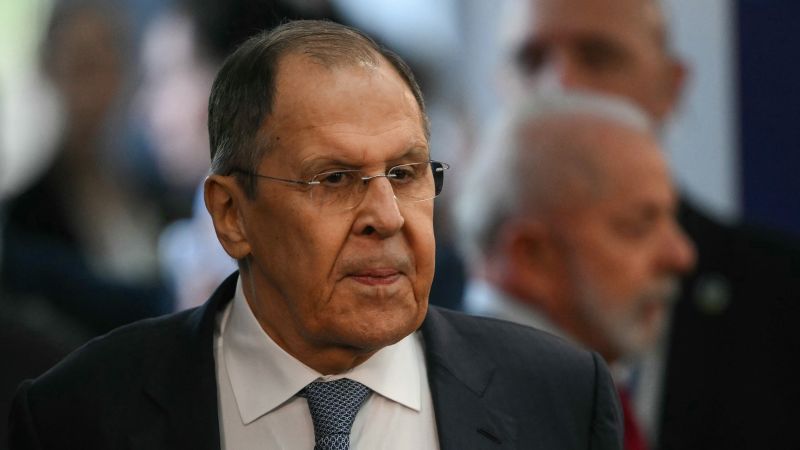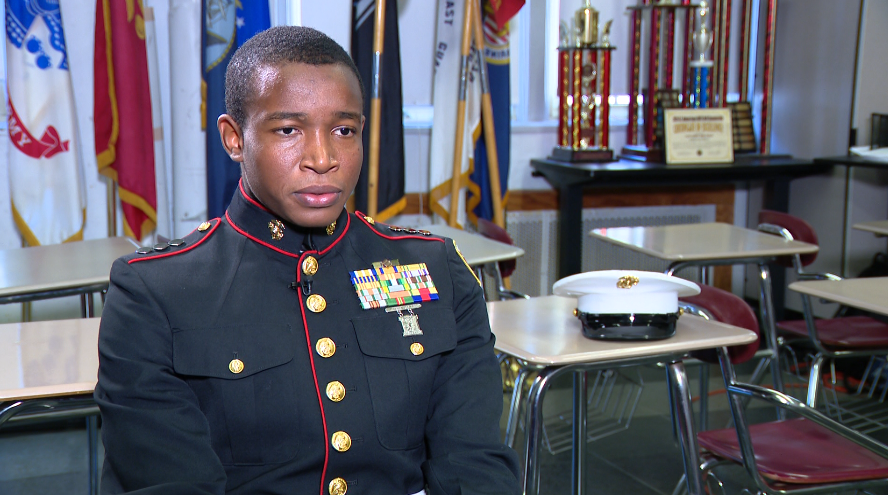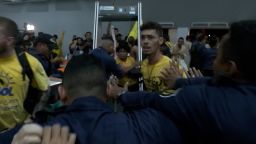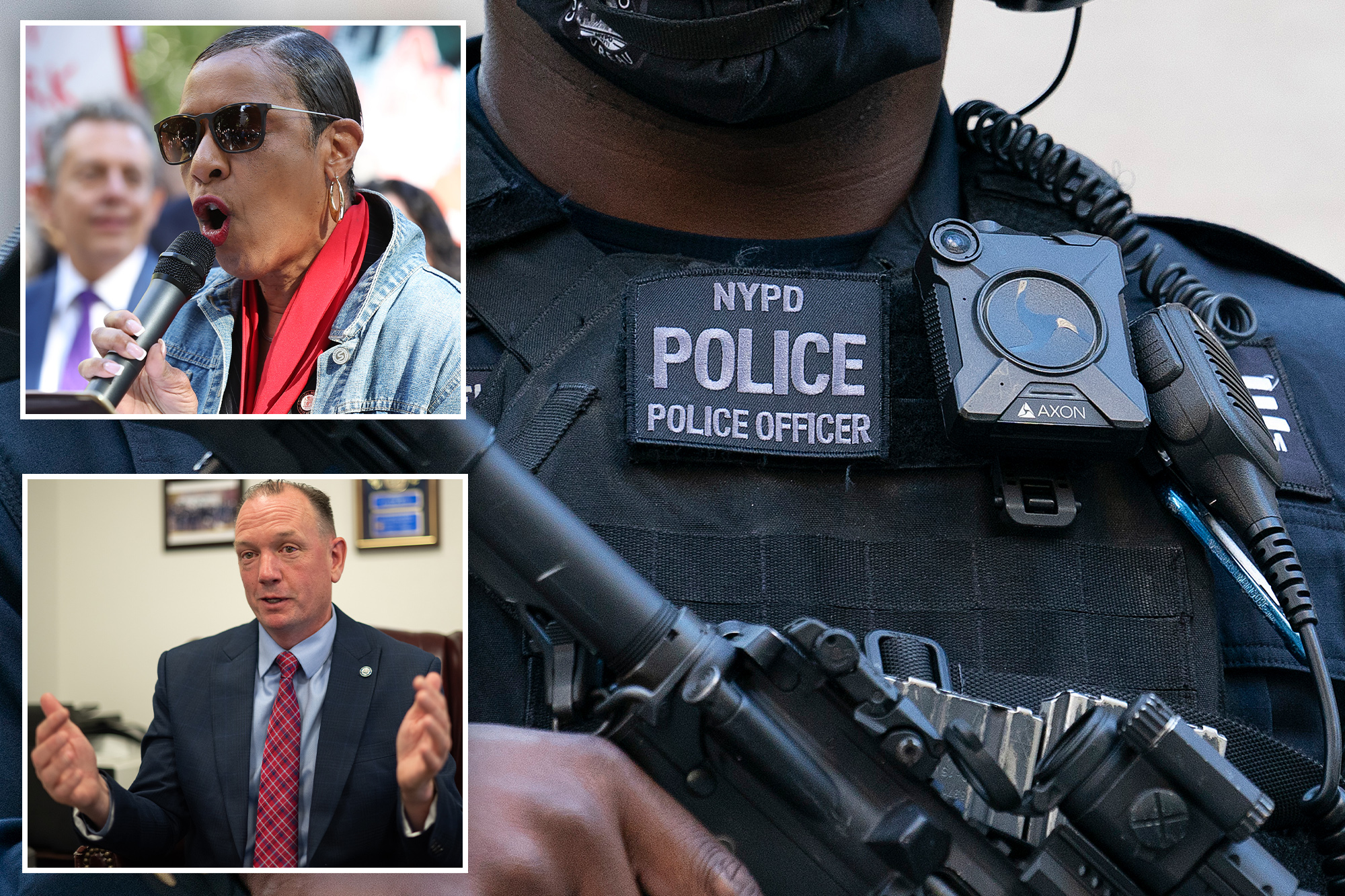Lavrov to Visit North Korea Amid Rising Military Ties with Russia

Russian Foreign Minister Sergey Lavrov is scheduled to visit North Korea from July 11 to July 13 as relations between Moscow and Pyongyang deepen amidst the ongoing conflict in Ukraine. This trip marks the second round of strategic dialogue between the two nations, according to Maria Zakharova, spokesperson for the Russian foreign ministry, who spoke to the state media agency TASS.
The visit comes at a pivotal moment, with North Korea reportedly preparing to deploy an additional 25,000 to 30,000 soldiers to support Russia’s intensified military efforts in Ukraine. This follows the deployment of approximately 11,000 soldiers by North Korea last year, according to Ukrainian intelligence. Lavrov’s discussions in Pyongyang are expected to focus on strengthening military cooperation, which could significantly impact both the Ukraine conflict and regional security dynamics in Asia.
Significance of Lavrov’s Visit
Lavrov’s itinerary includes meetings with his North Korean counterpart Choe Son Hui, who visited Moscow for initial talks in November 2024. During that meeting, Lavrov emphasized the close ties between the Russian and North Korean military and intelligence sectors. There is speculation that Lavrov might also meet with North Korean leader Kim Jong Un, further solidifying the alliance.
As North Korea becomes more entrenched in Russia’s military operations, reports indicate that around 4,000 North Korean soldiers have either been killed or wounded while assisting Russian forces. In the Russian border region of Kursk, these soldiers are reportedly engaged in combat alongside Russian troops, living in rudimentary conditions as they face the ongoing conflict.
Military Cooperation and Logistics
Recent satellite imagery obtained by CNN reveals movement of cargo planes and troop transport ships between North Korea and Russia, indicating significant military logistics at play. With the ongoing war placing immense strain on Russian resources, North Korea has become an increasingly vital ally, supplying not only personnel but also military equipment. A report from eleven UN member states last month revealed that North Korea sent at least 100 ballistic missiles and 9 million artillery shells to Russia in 2024.
As Russia escalates its attacks on Ukraine, including a record launch of 728 drones and 13 missiles on Wednesday, the collaboration with North Korea could reshape the battlefield. Russian drones have also targeted the Ukrainian capital, Kyiv, employing new tactics to challenge the country’s defenses.
The evolving relationship between Moscow and Pyongyang is poised to have significant implications for the ongoing conflict in Ukraine and the security landscape in Asia. Lavrov’s upcoming visit underscores the growing military ties that may alter the dynamics of regional power and influence.






